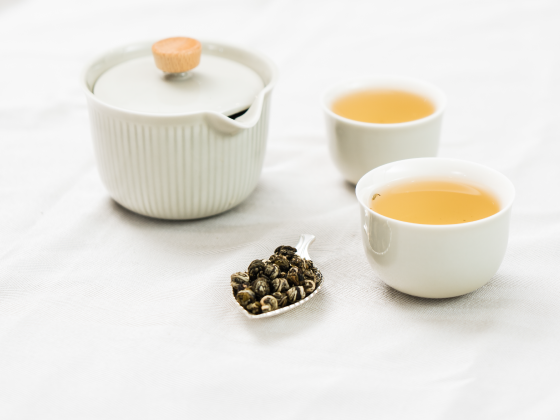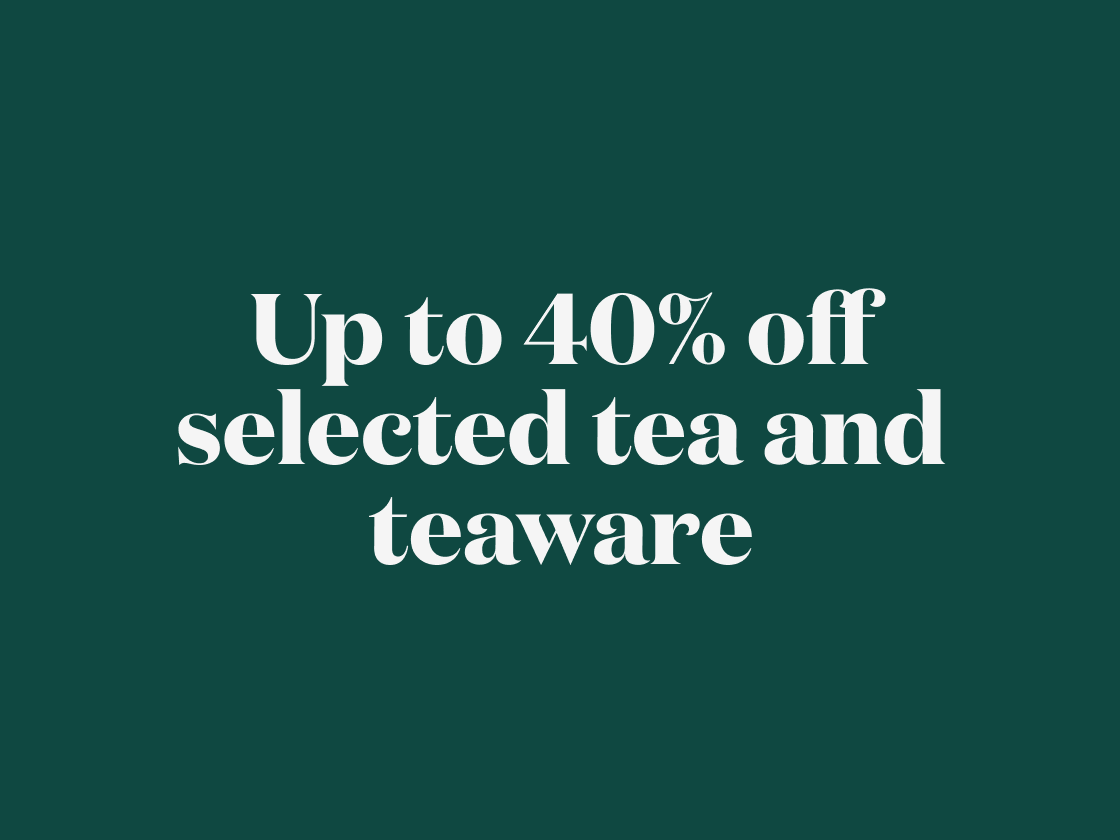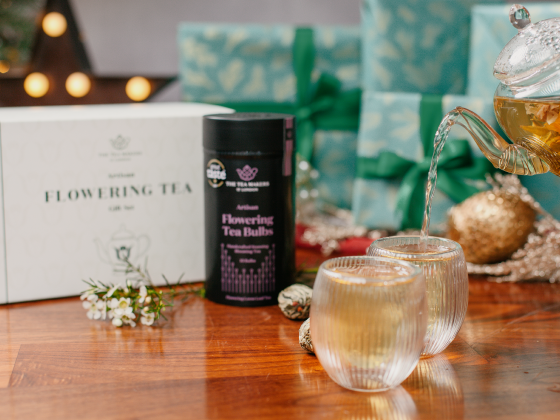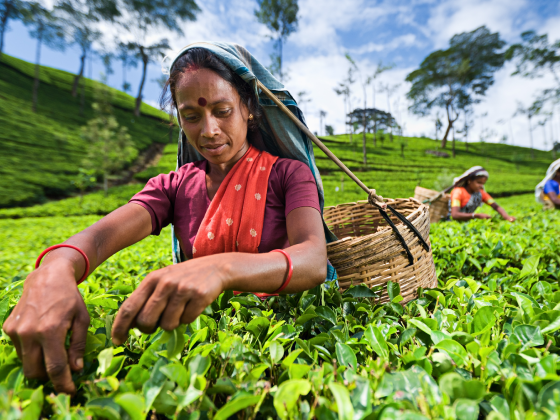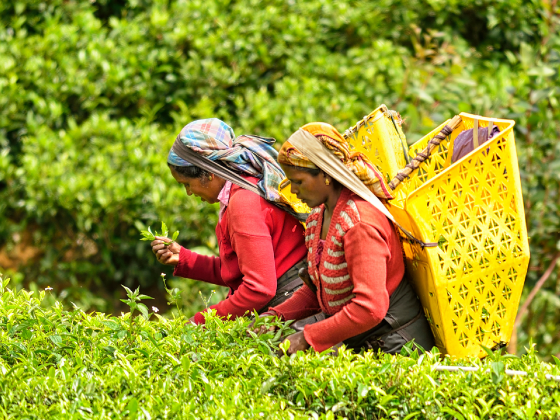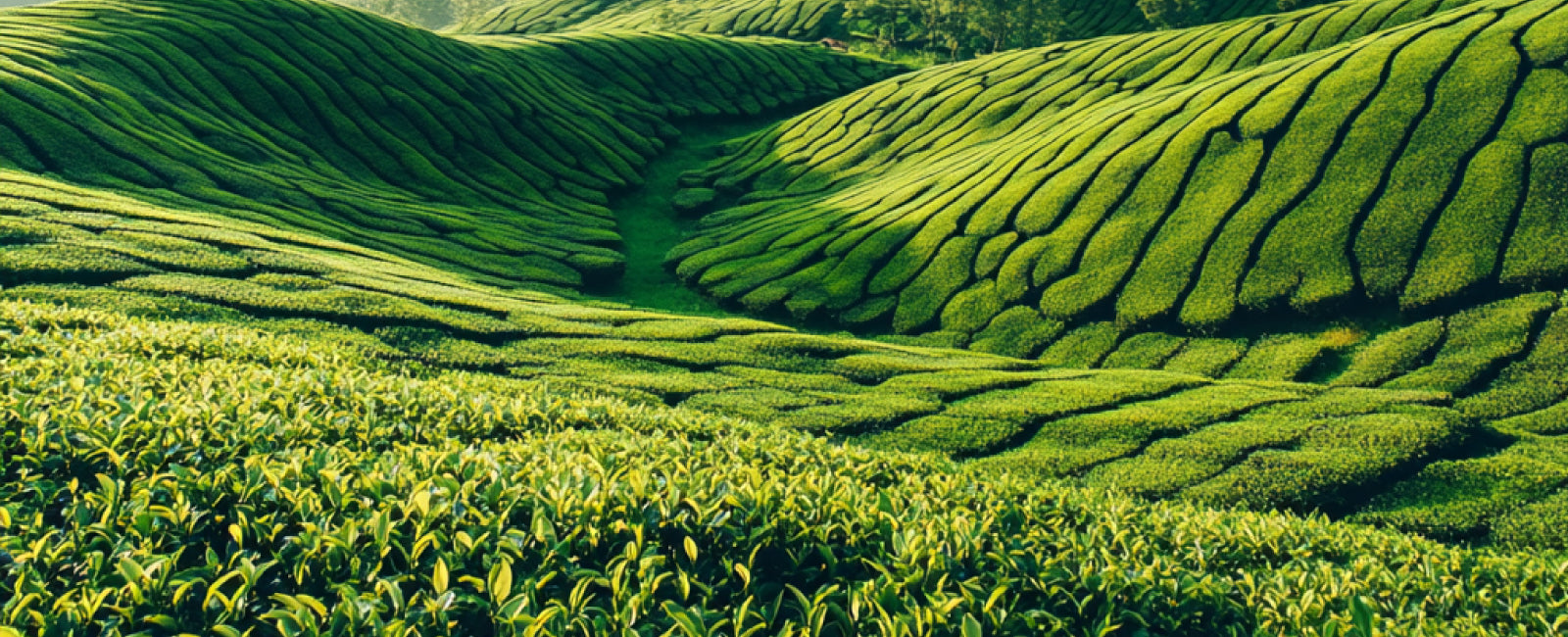At The Tea Makers of London, we believe that every sip of tea should tell a story of integrity, fairness, and sustainability. Our founder, Sam, brings over a decade of hands-on experience as a tea planter to this mission. Having managed tea plantations and directly engaged with the challenges faced by workers, Sam’s understanding of the industry shapes our commitment to ethical sourcing.
In this blog post, we delve into what makes tea truly ethical, examining our commitment to sustainable sourcing, the challenges faced by tea workers, and our partnership with the Ethical Tea Partnership.
Discover how Sam’s experience, and our dedication to ethical practices ensures that each cup you enjoy contributes to a better world for both people and the planet. Join us as we explore the journey from farm to cup and how you can make a positive impact with every choice you make.
What is Ethical Sourcing in Tea?
Ethical sourcing means making sure our tea is produced in a way that respects people and the planet. This involves:
- Fair Wages: Ensuring that tea workers receive fair compensation for their labour.
- Safe Working Conditions: Providing a safe and healthy working environment.
- Sustainable Practices: Using farming methods that protect the environment and biodiversity.
From the start, ethical sourcing has been at the heart of The Tea Makers of London, ensuring that every cup of tea reflects our commitment to quality and fairness from farm to cup
We partner with estates that share our commitment, ensuring our tea supports the wellbeing of workers and their communities. It is important for us to know that we are getting our teas from estates that give back and support their local community and the workers.

The Impact of Fair trade on Tea Workers
Fair Trade certification is a globally recognised standard that ensures tea workers and farmers receive fair wages, safe working conditions, and support for their communities. While we are not Fair Trade certified, we are deeply committed to these principles. Fair trade ensures that tea workers and farmers from the plantations we use have robust working rights, protected livelihoods and fair compensation, which is essential for producing our wonderful teas. Our practices are designed to:
- Protect Livelihoods: Ensure that workers are compensated fairly, and their livelihoods are secure.
- Support Communities: Contribute to community development projects that improve local infrastructure and education.
We strive to make a difference by sourcing from estates that align with these values, even without formal certification.
What challenges do tea workers face?
Tea farmers in developing countries face several significant challenges, including:
Climate Change
Increasing instability in the climate has an impact on all agriculture. This naturally has an impact on tea farming, with lower yields often meaning less available work and lower pay, but also broader food insecurity in the region.
Whilst some countries like Sri Lanka do have a rainy season, increasing rainfall levels from climate change have resulted in unprecedented annual floods in many tea growing regions, damaging crops and local infrastructure, displacing millions and causing fatalities every year. These disasters hit the poorest communities hardest.
Social Issues
Many tea-growing regions face significant social challenges, including access to education and housing for the growing population of workers. Corruption is common in these regions, leading to an uneven distribution of government funds. This corruption affects the quality of infrastructure and public services and creates an unfair justice system.
For example:
- Sri Lanka: Although the civil war largely affected the northern part of the country, tea-plantation communities have been dealing with significant challenges related to access to education and adequate housing for their growing population of workers.
- Assam, India: Faces instability from unmanaged migration and periodic religious conflicts.
Addressing these issues is crucial for improving the conditions in tea-producing regions and ensuring fair and sustainable practises in the tea industry.
Gender Inequality & Vulnerable Groups
Most tea pickers globally are women; in India, they make up 75% of full-time workers. These women often do the most labour-intensive and lowest-paid jobs. Traditional gender roles contribute to fewer opportunities and greater economic vulnerability for them.
Gender inequality also affects education, with a significant gap in literacy rates between men and woman. Supporting these women, who are often mothers, helps improve their own lives and benefits.
Children and young people in the tea-growing regions are also at risk. Many face limited access to education and are vulnerable to exploitation and economic instability. Addressing these issues is crucial for fostering a more equitable and sustainable tea industry.

Our partnership with the Ethical Tea Partnership
We are proud to work with the Ethical Tea Partnership (ETP), an organisation dedicated to improving the tea industry by bringing together retailers, traders, and producers. The ETP focuses on:
- Environmental Goals: Achieving zero deforestation, promoting climate resilience, and working towards a net-zero tea sector.
- Economic Goals: Ensuring decent livelihoods, living wages, and fair incomes for tea workers.
-
Equality Goals: Promoting safe, empowered communities with equal opportunities.
We acknowledge that the issues facing the sector are bigger than any one company can fix, which is why it is so important for us to work collaboratively.
We have excellent working relationships with our suppliers, most of whom have been with us for nearly a decade, and it is of vital importance to us that we source our teas as directly as possible. This ensures that we know as much about the tea, how it has been grown and processed, and the working conditions on that plantation.
The ETP audits and inspects a range of suppliers and plantations to ensure that they meet ETP standards. Any who do not are blacklisted. All the estates and farms we source from are required to pass the ETP requirements.
Local Cooperation and Community Support
We source several of our teas from world-renowned estates, that actively support their local communities and their workers:
- Lumbini Tea Valley, Sri Lanka: Our delectable Golden London Breakfast is sourced directly from the Lumbini Tea Valley in Sri Lanka. This estate commits via its charitable foundation (CUH TEA) to use 10% of its net profits to develop the community and promote their welfare. This includes initiatives to provide free lunches, book donation campaigns supporting education for young children and commitments to preserve the surrounding Sinharaja Forest Reserve and provide a habitat for native wildlife. This estate recently launched an organic tea farming project, Kalѐ, focusing on harmonising the tea industry with the earth.
- Glenburn Tea Estate, Darjeeling, India: The Glenburn Tea Estate, where we source our delightful White Moonshine Darjeeling, is heavily invested in promoting education in its community via the Glenburn Workers’ Welfare Trust. This funds volunteers who assist with the teaching in local government primary schools, running reading libraries in the villages in the afternoons, providing reading and writing materials and sponsoring students to attend private schools, helped by the support of guests who stay at the estate. Glenburn Tea Estate has also helped establish a performing arts school, the Glenburn Kalajendra Academy, promoting a range of non-classroom-based learning and enrichment.

We also source teas from estates that champion organic farming methods, such as our delicious South African Rooibos teas, and our best-selling Organic Ceremonial Grade Matcha. You can view our full range of organic tea here.
How You Can Support Ethical Tea Practices
Making a difference in the tea industry requires collective action. By choosing ethically sourced tea, you support:
- Fair labour practices: Ensuring fair treatment and wages for workers.
- Sustainable development: Promoting environmental care and community welfare.
We encourage tea lovers to buy tea that's ethically sourced. Your choices help improve workers lives, fight exploitation, and promote sustainability.
Every cup of tea you enjoy supports an industry that values both people and the planet. The result? A cup of tea that not only tastes good but does good too.
